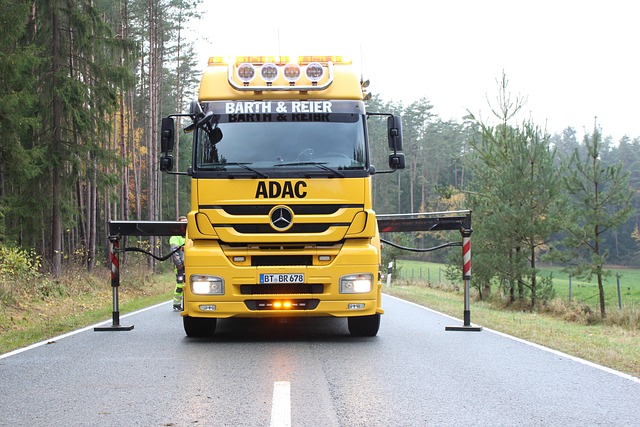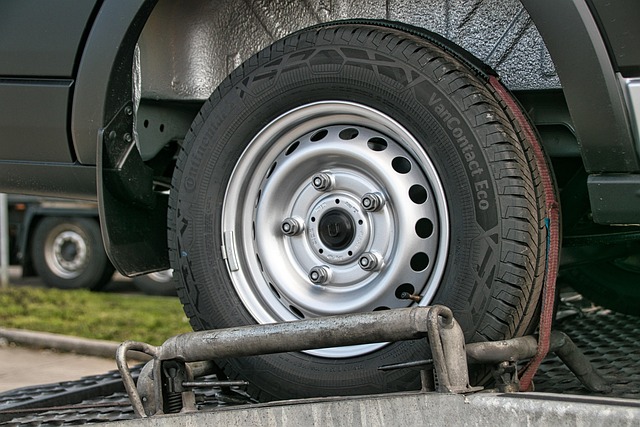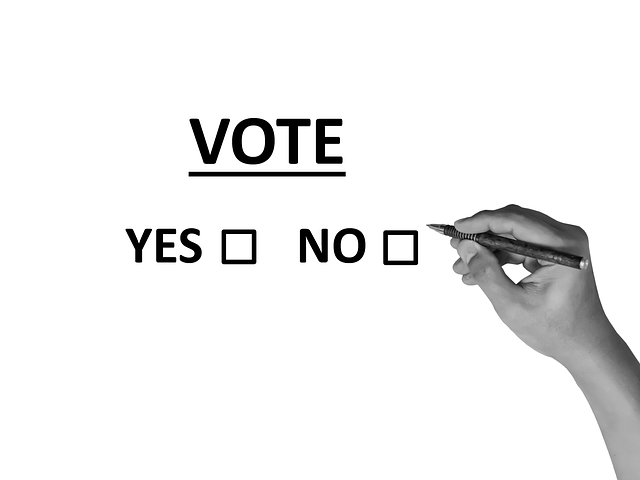Commercial towing contracts are essential for defining terms between service providers and clients. When choosing a towing business, consider their specialization, response times, 24/7 support, and technology. Review contracts for key clauses like services, response times, pricing, liability protections, and SLAs. Select a business with comprehensive coverage matching fleet needs to protect assets and avoid disputes. Clearly define legal obligations, including dispute resolution, to ensure reliable service and prevent issues.
In the dynamic world of commercial transportation, understanding and mastering commercial towing contracts is paramount. This comprehensive guide navigates the intricacies of these agreements, equipping businesses with crucial insights. We explore essential aspects from selecting the right towing business to deciphering key contract components. Learn how to negotiate terms for optimal protection, grasp legal obligations, and resolve disputes effectively. Discover why choosing the ideal towing partner is a strategic move that can revolutionize your logistics operations.
- Understanding Commercial Towing Contracts
- Choosing the Right Towing Business
- Contract Components: Key Clauses Explained
- Negotiating Terms for Optimal Protection
- Legal Obligations & Dispute Resolution
Understanding Commercial Towing Contracts

Commercial towing contracts are a crucial aspect of the towing industry, outlining the terms and conditions between a towing service provider and their clients. When selecting a towing business, it’s essential to understand what these contracts entail to make informed decisions. These agreements detail the services offered, response times, pricing structures, and responsibilities during roadside assistance or vehicle recovery scenarios, especially in cases of off-road vehicle rescue.
For specialized services like towing for classic cars or auto parts towing and delivery, the contract should specify the care and handling of such delicate items. Knowing what’s covered and what’s not can save businesses and clients time and money. Understanding these contracts ensures a smooth partnership, enabling efficient navigation through various towing scenarios, from routine roadside assistance to complex recovery operations.
Choosing the Right Towing Business

When selecting a towing business, it’s crucial to choose one that aligns with your specific needs. Not all towing companies offer the same level of service or expertise, especially when it comes to specialized tasks like special event vehicle transportation or bus and coach towing services. Opting for a company specializing in these areas ensures a safer and more efficient transport experience.
Consider the type of vehicles they tow, their response time capabilities, and whether they provide 24/7 support, especially for emergencies or unexpected events. Additionally, for those requiring heavy duty trailer towing, look for businesses equipped with advanced technology and well-maintained fleets to handle these challenging tasks without compromise.
Contract Components: Key Clauses Explained

When considering a commercial towing contract with a select towing business, it’s crucial to understand the key clauses within the agreement. A comprehensive contract will outline the services provided, such as bus and coach towing or 24-hour heavy-duty towing services, ensuring you receive the specialized support your fleet requires. Look for details on response times, which are critical for emergency situations, and coverage areas to confirm they align with your operational needs.
Additional clauses should address pricing structures, including hourly rates or fixed fees, and payment terms. It’s also essential to understand liability and insurance provisions to protect your business in the event of damage or accidents during towing and recovery operations. Negotiate for clear guidelines on service level agreements (SLAs) to ensure timely and efficient towing and recovery specialists, especially when dealing with time-sensitive deliveries or fleet maintenance schedules.
Negotiating Terms for Optimal Protection

When negotiating commercial towing contracts, selecting the right towing business is paramount to ensure optimal protection for your assets. It’s crucial to thoroughly review and understand each term before signing on the dotted line. Pay close attention to coverage areas, response times, and the types of vehicles or loads the provider specializes in, especially if you operate a diverse fleet like bus and coach towing services or primarily deal with small vehicle towing companies.
A comprehensive contract should also clearly outline liability, insurance requirements, and pricing structures. For instance, understanding how damages are handled during transport can shield your business from financial burden. Additionally, specify the level of care expected for specialized vehicles, such as those with sensitive equipment or unique configurations. This proactive approach ensures a reliable partnership and safeguards against potential disputes, fostering a long-term relationship with a local towing service contract that meets your specific needs.
Legal Obligations & Dispute Resolution

When entering into a commercial towing contract with a select towing business, understanding the legal obligations is paramount. Both parties must be clear on the scope of services, payment terms, and liability limits. This includes comprehending the responsibilities during emergency roadside assistance subscriptions or long distance car shipping, ensuring prompt response times and proper handling of vehicles. A well-drafted agreement will outline these points to mitigate potential disputes.
Dispute resolution mechanisms are also crucial components of such contracts. Effective communication channels should be established for addressing concerns or disagreements. This may involve mediation, arbitration, or litigation. Selecting a reputable towing business that prioritizes transparency and fair practices can significantly reduce the likelihood of disputes arising from unclear terms or unexpected service costs.
When navigating commercial towing contracts, understanding key components and legal obligations is vital. By choosing the right towing business and carefully negotiating terms, businesses can ensure optimal protection and seamless operations. Remember to delve into contract details, especially regarding liability, service levels, and dispute resolution processes. In summary, a well-crafted towing contract is a game-changer, fostering reliable partnerships and mitigating potential issues in this essential service industry. When selecting a towing business, prioritize those that offer transparent, comprehensive contracts tailored to your specific needs.
